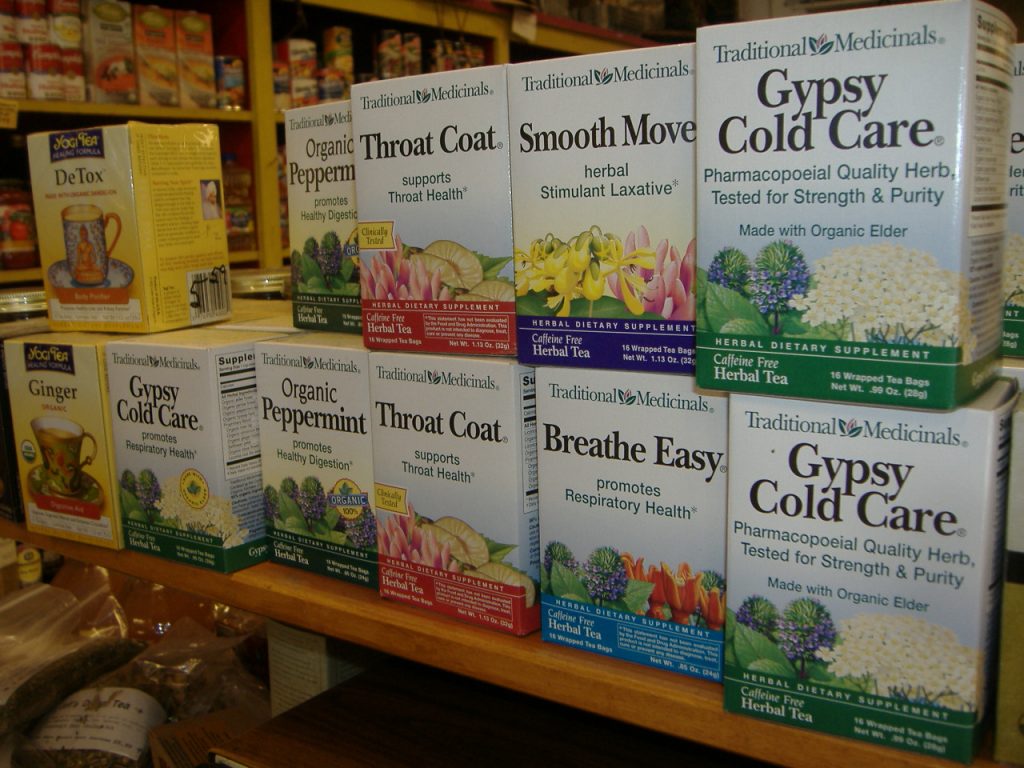
Most of us know that teas have been used medicinally for thousands of years, and there are leaves that can soothe the symptoms of a wide-range of ailments. While green, chamomile and black teas are well-known for their medicinal properties, there are also a number of lesser-known teas to consider stocking up on as well. Let’s take a look at some of the benefits associated with these teas, and hopefully this will encourage you to keep a supply on hand in your pantries and survival medicine cabinets.
Elderflower
This tea comes from the flowers of the elder tree, and it is well-known for easing congestion and mucous buildup. It also helps to suppress coughs and reduce airway inflammation, which makes it ideal for those who suffer from chronic asthma and bronchitis. The leaves also contain compounds that support the immune system and help to remove toxins from the body.
Saffron
While saffron is considered to be a spice, the plant (or powder) can be steeped into a tea as well. Saffron tea is particularly good for the eyes, and there have been reports by some that it can also reduce the severity of blindness. Saffron may also be useful as an anti-depressant or mood booster, help to improve memory, improve sleep quality and even soothe the symptoms of PMS.
Hibiscus
The beautiful and colorful flowers of the hibiscus plant can be steeped into a tea that may help to lower blood pressure and improve overall circulatory health. While studies have produced mixed results as to the effectiveness of hibiscus, many people who drank the tea daily for 4-6 weeks noticed significant improvements, and maybe you can as well.
Rooibos
This tea comes from Africa, and it has long-been used to help regulate calcium in the body and promote bone health. It is thought to dissolve some kidney stones, cleanse the kidneys and help to heal and detoxify cells as well. There is also evidence that the tea may help blood vessels to expand which can lead to improvements in cardiovascular health. Finally, some believe that rooibos can help to keep bad cholesterol in check and nourish red blood cells as well.
Sage
Sage teas are thought to promote better mental clarity and cognitive functioning. Some also suggest that compounds in sage can dissolve plaque or prevent it from forming along the walls of blood vessels. Additionally, sage is thought to play a role in slowing the progression of dementia, but scientific evidence is far from conclusive at this point.
Lemon Balm
Lemon balm is thought to not only promote cardiovascular health, but it also contains compounds that help to detoxify the body. It is also a potent anti-oxidant, it can boost energy levels while improving sleep quality at the same time, and lemon balm is also thought to heal and nourish the skin. Many people also drink the tea for its calming effects.
Passionflower
Passionflower tea is also known for it’s anti-anxiety properties, but now some think that it can ease the withdrawal symptoms associated with opiate addiction as well. It can also be used to calm the mind and improve focus, and it may also soothe the pain and damage to the skin caused by burns.
These are just a few examples of dozens of teas that can provide us with enormous medical benefits without a lot of side-effects associated with pharmaceuticals. Learn more about how teas interact with the body and see how easy (and affordable) it is to build up a tea medicine cabinet.
